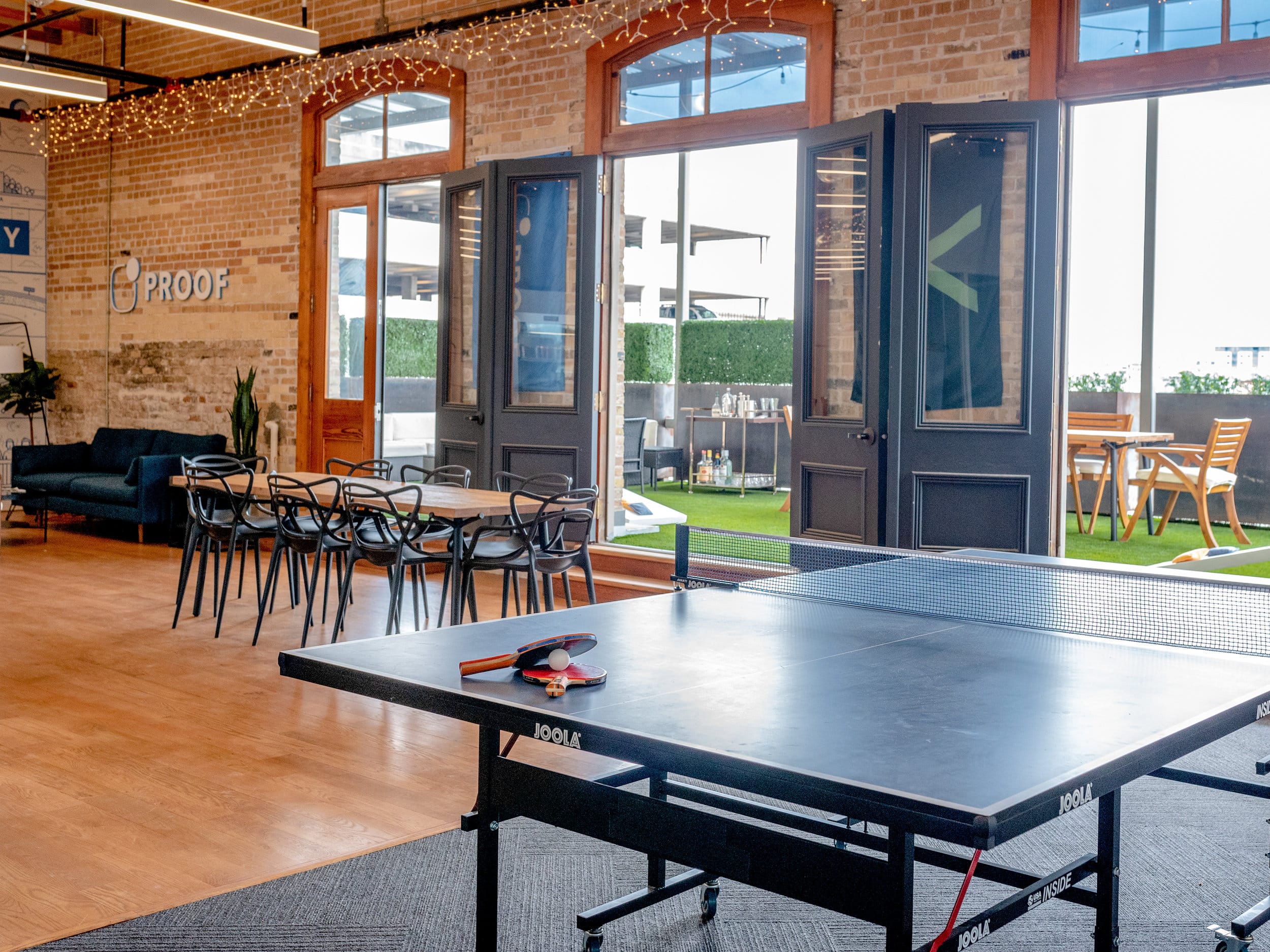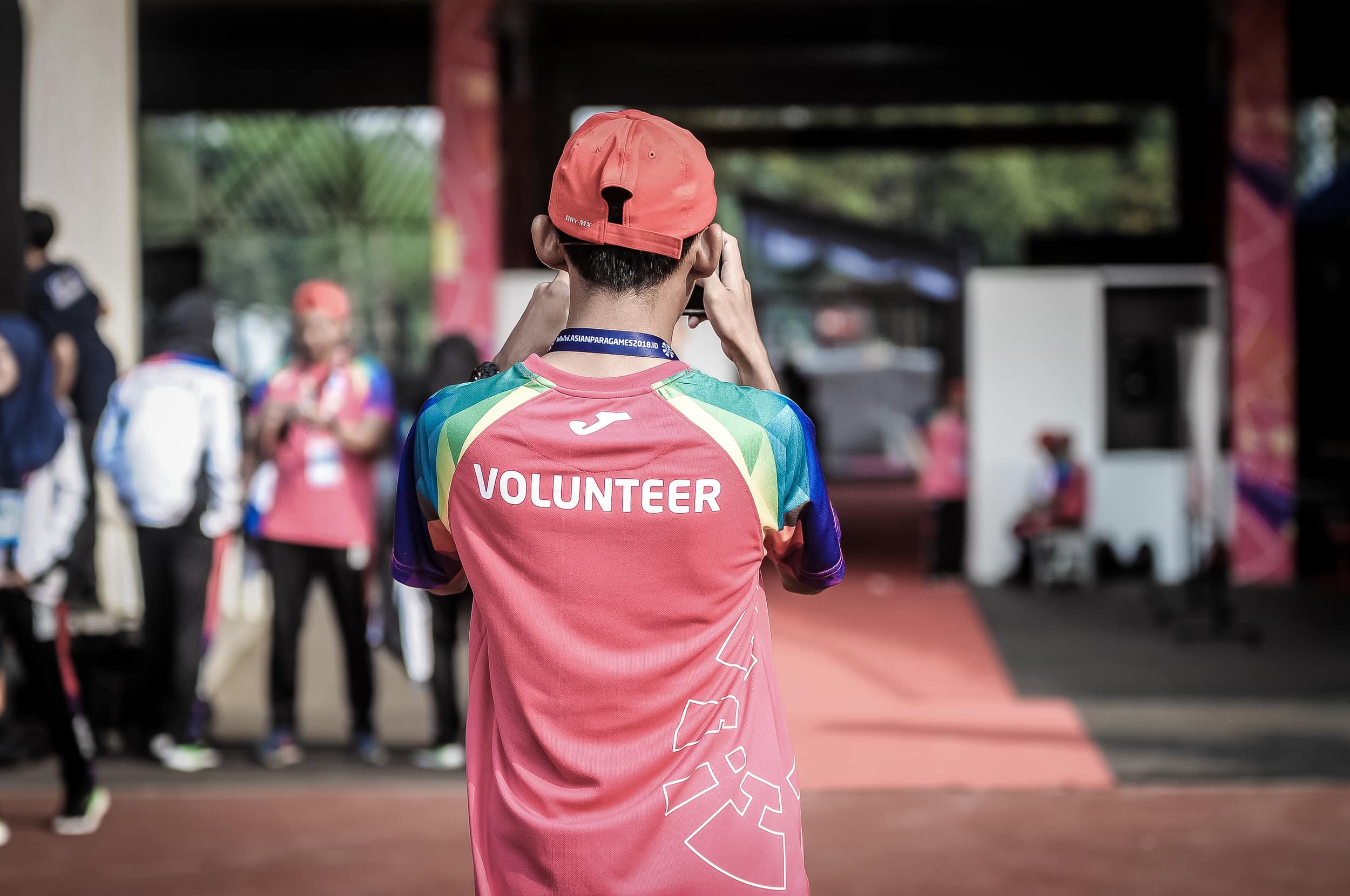Former General Electric CEO, Jack Welch may have said it best when he said, “No company, small or large, can win over the long run without energized employees who believe in the mission and understand how to achieve it.”
Welch, who is credited for increasing General Electric’s value by over 4,000% throughout his 20-year tenure, is among many successful business leaders who understand that strong corporate culture is a key factor to any organization’s long-term success.
In fact, research published in Business News Daily showed that “people who fit well into their company express greater job satisfaction, perform better, and are more likely to remain with the same organization for a longer period of time.” In turn, these people are more motivated to contribute to the growth and success of their organization, which helps to attract potential employees who would also be a good fit.
Many of the world’s leading companies such as Zappos, Walt Disney, and Chipotle, have even incorporated checkpoints into the hiring process to ensure potential new employees will be a good fit. For example, while Zappos offers new employees $2,000 to quit to prove dedication, Chipotle uses a checklist of 13 characteristics that every new hire must meet before starting with the company.
These companies understand that mistakes in hiring can be costly, taking away time, energy and resources from the organization’s main focus. In fact, a recent study published in the Harvard Business Review suggested that this turnover can cost an organization between 50-60% of an employee’s annual salary.
So, what’s the best way to hire for cultural fit?
Unfortunately, every company is different, so there is no universal template for hiring based on company culture. However, the most important thing a company can do is define its culture and get every employee on the same page.
“An organization’s culture is simply a reflection of how connected the team is to the values and mission, and how well they function together to achieve them,” said Michelle Laxa, Founder of EdgeWise Strategies. “Think of a team as a source of collective power. Each member is part of a series of connections that ultimately delivers energy (value) to your customers. As with an electrical current, if the team isn’t wired properly it creates interruptions to the connection – in this case, the connection is your customers.”
Once the internal team is on the same page, accessing job candidates can take many forms. While personality tests such as Gallup StrengthFinder and DiSC can be helpful, we’ve discovered seven core questions that can help identify if a candidate would be a good culture fit.
1. Tell me about an accomplishment that you are most proud of.
By asking this question, interviewers are getting a better sense of the candidate’s background, values and interest. This will help the company understand how candidates prioritize their skillset.
2. Tell me how you handled a difficult workplace situation.
In every work environment, there is going to be conflict and differing opinions. This question will give interviewers a better sense of how a candidate responds to conflict.
3. Give me a time you went above and beyond the requirements for a project.
Many interviewers rely on this question to make sure the candidate is someone who will work hard to get a project accomplished properly, rather than just complete the task.
4. What motivates you to come into work every day?
This question gives the company a great deal of insight about a candidate on many different levels including skills, ambitions and general enthusiasm for their career.
5. Tell me about a time when you disagreed with a manager or peer. How did you resolve it?
Communication between colleagues is critical in any organization. What candidates do when they inevitably have a different opinion than their peer will tell the company a lot about the candidate’s internal relationships and leadership skills.
6. Tell me about the toughest decision you had to make in the last six months. How did it turn out?
By asking questions about decision-making, interviewers can see how candidates handle difficult situations and how these decisions affect the company.
7. Describe your ideal company culture. What are three characteristics you seek?
While the company is interviewing a candidate, candidates are also interviewing the company, trying to get a better glimpse into the window of the company. Asking this question will ensure that a candidate has the right expectations about the opportunity.




